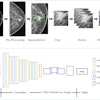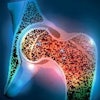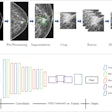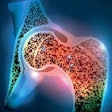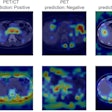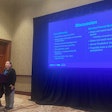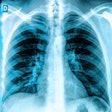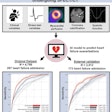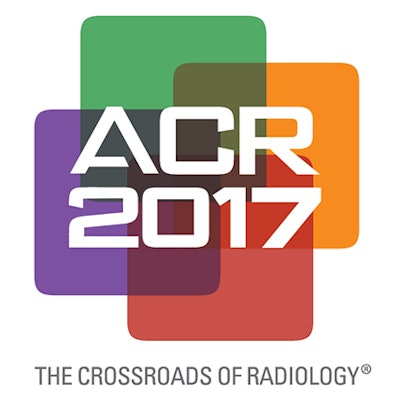
The American College of Radiology (ACR) announced an initiative on Sunday at its annual meeting aimed at advancing the field of artificial intelligence (AI) in radiology. The college's new Data Science Institute plans to work with industry partners and regulators to spur the adoption of these tools in clinical practice.
The ACR Data Science Institute will be involved in a range of activities, including determining appropriate uses cases for AI in medical imaging, setting standards for interoperability, and testing and evaluating algorithms. It will also address regulatory, legal, and ethical issues that accompany AI in medical imaging.
Data science tools are evolving rapidly and show a lot of potential for improving the care radiologists are able to provide their patients, said ACR President Dr. Bibb Allen Jr.
"The reason we're involved is that we believe a national framework like the Data Science Institute will establish an identity where these data science tools can be implemented in the most effective way for our patients, to make [these tools interoperable] across the variety of software and hardware platforms that are out there, and to most effectively incorporate them into our workflow," Allen said.
Allen will serve as chief medical officer of the new institute, while Dr. Keith Dreyer, PhD, of Massachusetts General Hospital will serve as chief data scientist.
The ACR announced the Data Science Institute at its annual meeting this week in Washington, DC.
Creating a framework
The Data Science Institute will work on determining the best use cases for AI in medical imaging and facilitate standards for interoperability -- similar to what the ACR did with the National Electrical Manufacturers Association (NEMA) to develop the DICOM Standard.
"What we envision is that we will propose standards, and we think that we will actually work with industry," Allen said. "We will have a team at the Data Science Institute that will be involved, for instance, with developer/industry relationships. That will bring us information about what works for the developers, and then we will use our information from radiologist clinical workflow and radiology data sciences as well ... to create a set of proposed standards."
The institute's government relations team will then work with the U.S. Food and Drug Administration (FDA), he said.
"The FDA, I think, will be receptive to hearing from end users and from developers and from others what are the types of standards that will work to ensure interoperability and to ensure quality," Allen said.
In keeping with the ACR's interest in patient safety, the institute will strive to develop processes for testing and evaluating medical imaging algorithms in AI, he said.
"There are a host of areas where radiologists can lead the effort on behalf of our patients to ensure that what's being developed is done within a framework that accomplishes all of the things that we want it to, to make sure that our patients really get the benefit from it," Allen said.
The ACR would be well-positioned to assist in validating algorithms, he added.
"The ACR could be a repository of images that could be test cases, so that the algorithms could be tested not just on the cases that taught them, but also on the independent datasets," he said.
The ACR is also suited to addressing the regulatory, legal, and even ethical issues related to the use of AI in medical imaging, according to Allen.
In addition, the Data Science Institute will be able to call upon the full resources of the ACR, he said. An Artificial Intelligence Advisory Group has been created that will serve as the liaison between the institute and the college, and will include representatives from various ACR commissions, for example.
Top priorities
Standards development is high on the agenda for the institute, Allen said.
"One of our top priorities is to start working with the FDA to get some concrete definitions around standards, and then work toward the development of standards to provide industry with a pathway and to help build out potential validation programs," Allen said. "To that end, I suspect that we will be meeting with the FDA in the summer."
In addition, the institute will also seek to assemble teams to start looking at use cases for AI in medical imaging, and it will work with the ACR Assist program to look at ways of getting information garnered from artificial intelligence into the workflow, he said.


